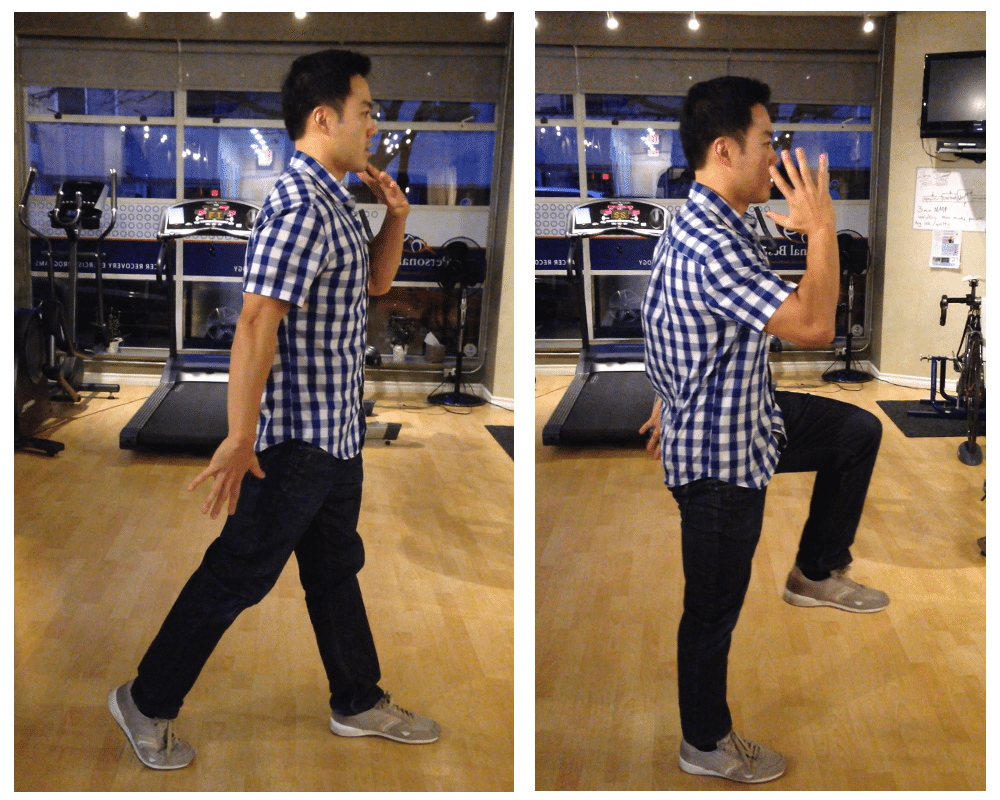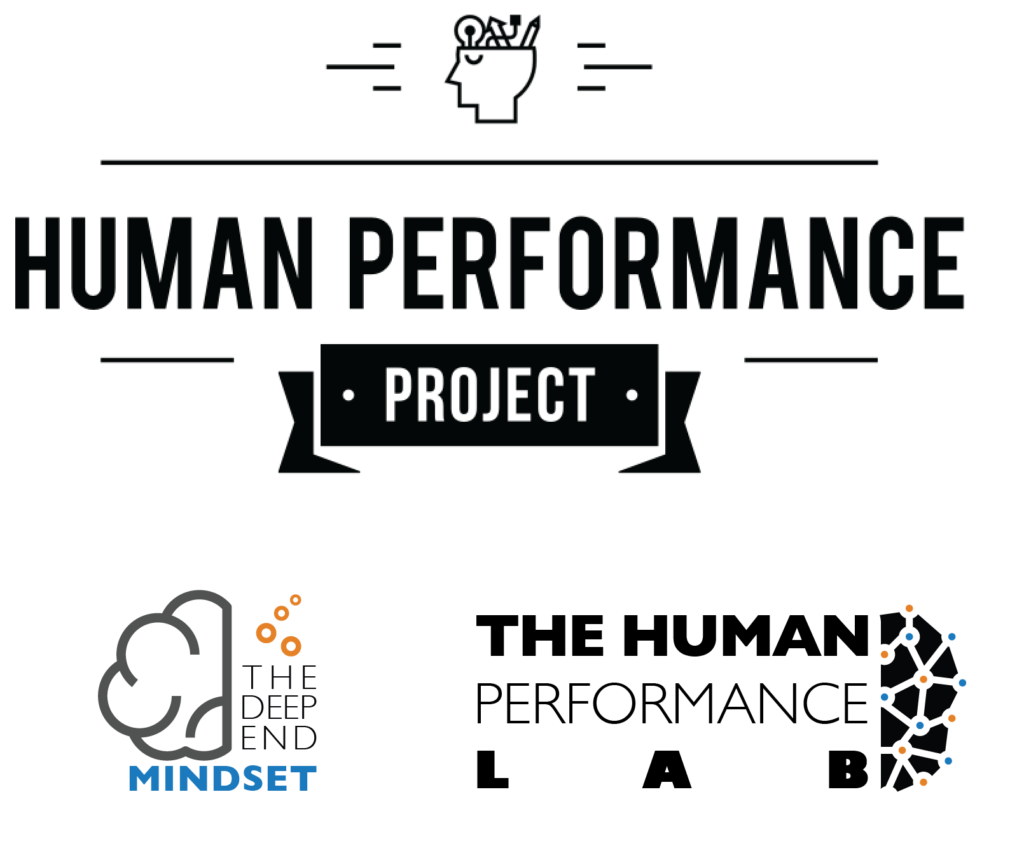The First Time I Realized I Wasn’t Invincible
I was 13 years old and had decided to devote my life to becoming one of the best basketball players in North America. One day while scrimmaging with the ‘big boys’ on the senior team I suffered a brutal injury that nearly ended my career.
On 1st assessment the doctors told me I had torn all three major ligaments in my right knee and that I would have to wait until I stopped growing (another 5 years) to have surgery.
In a split second my basketball career felt like it was over.I was devastated, depressed, and ready to give up.
After spending a few days feeling like my life was over (and thanks to my parents encouragement and support), I went on one of the most aggressive rehabilitation pursuits of my life. 2 months later after countless hours of hard rehab the swelling was gone and I could go for my MRI. As the doctors got the results I waited for the moment of truth. Judgement Day. They told me that amazingly through some miracle all of my ligaments were still intact, although slightly loose.
Little did I know this would be the first of many experiences managing tough injuries throughout my athletic career.

3 3rd degree tears in my ankle… One of the many injuries I have battled back from on my athletic journey
How Injuries Define Great Athletes.
A serious injury represents one of the truest tests of mental toughness, perseverance, and determination. As the days away from your sport increase, the willpower and resilience to remain optimistic diminishes. We lose sight of the mountain’s summit, the incline seems to steepen with every day, and the choice to continue climbing gets harder and harder.
And we all react differently.
Some get lazy.
Some give into the gremlins that start telling you you’ll never get back to full health.
Some try to ignore the pain and push through.
And a very small few, the great ones, devote themselves unrelentingly to summiting.
Successful Recovery Builds Character and Resilience
Injuries have represented some of the hardest and darkest times in my athletic career. But they have also become the milestones where I have refocused, re-committed, and ultimately grown as an athlete and a person.
How we choose to frame and attack our injuries is many times the difference in long term success. Here are 10 ways that you can stay on that road to recovery, no matter how bleak the horizon looks.
10 Ways to Effectively Deal with Injuries
1) Know your body
The ability to listen to and honor what your body’s telling you is an intuitive art and lifelong pursuit. As you continue to evolve and grow as an athlete, be intentional about tracking the differences in feelings, emotions, and stimulus that your body gives you. How do symptoms differ from a minor bump or bruise when compared to a sprained ankle or strained ligament?
Developing confidence in your body’s natural communication will give you the most relevant gauge to check-in with when getting advice and feedback from coaches or trainers on how to manage an injury.
2) Big goals help keep perspective
Big goals typically require big timelines to achieve. For example, I know that making it to the Crossfit Games doesn’t happen overnight. And this provides a larger, more stable context to consider injuries and recovery.
When I experience tweaks and small nagging pains early in the Crossfit season I don’t put any pressure on myself to workout everyday. I know that the bigger picture requires me to be healthy for Regionals and the Crossfit Games. This takes priority over any internal or external pressure.
3) Celebrate small wins
To sustain forward momentum, keep track of all the small wins you accomplish on your road to recovery. From something as small as completing a movement or rep pain-free, to doing your first full training session or workout. Write it down, make a note in your calendar, tell someone who is supporting you on your journey.
It will be the small injections of self-encouragement that keep you moving in the right direction!
4) See a professional, then see another
A major key to success in every sport I’ve competed in has been forming strong partnerships with the health care professionals that know and understand my goals and ambitions. I put absolute trust that these allies will support me to achieve what others see as impossible. They take it just as seriously as I do.
Do you have this level of confidence and trust in the professionals that support you?
5) Do your own research
The internet is an incredibly powerful resource, use it to your advantage. From watching YouTube how-to’s to researching rehab methods and reading about others’ experiences – there is no shortage of valuable information.
Remember, just like getting advice from a healthcare professional for the 1st time, it is important to check multiple sources and validate the information you find online. Just because it’s there doesn’t mean it’s right, or right for you.
6) Do the little things. Every day.
The point of developing these trusted partnerships (step 4) is so that you diligently do your daily exercises even when it feels like you’re getting no where. We all have these days. Your willpower to stay focused and continue doing the little things will pay off in the long run.
7) Get out of the gym
Sometimes spending too much time in the gym when you have an injury can make you a bit stir crazy. Don’t feel bad or hold onto any guilt by letting yourself off the hook and spending a couple of days away.
When I had major knee surgery while playing basketball at Portland State University I would spend weekends driving out to the coast by myself just to get away from the constant competitive environment. I may have missed a day of treatment, but I was mentally re-fueled to tackle the next week.
8) Visualize Yourself at 100%
I am a huge believer in the power of visualization.
Visualizing a smooth and successful recovery gives your subconscious a clear path to follow. Do you know what it looks and feels like to be at 100%? If you don’t, this is where your visualization can start. Solidify that image of you competing at your best and then spend a few minutes everyday reconnecting with this strong image of yourself.
9) Don’t worry what anyone outside of your circle says
Like all uphill battles in life, there will be people (sometimes lots of people) who don’t believe in you. I’ll take it a step further and say if you’re a competitive athlete, there will be people who are actually hoping you fail. Don’t let these people suck any energy from you. Often I use this as fuel and motivation to make it back to the top with a subtle “I told you so” smile.
Identify the people who truly believe in you, and lean on them for support, positive energy, and encouragement. This is your Tribe.
10) Keep it in Perspective
I’ll admit right off the top this is not my strong suit.
You have to keep your sport and the pursuit of whatever goal you’re working towards in perspective. At the end of the day, even professional athletes have more important chess pieces on the table. Things like family, children, overall health and wellbeing, shelter, food, clean water… These all trump the athletic world that we get so wrapped up in.
Fortunately I have never experienced a career ending injury. I know it would be devastating. But I also know I would learn a lot from it and let it go in time.
When you’re feeling down, stop everything you’re doing and take a long deep breath. In that breath think about all of the things you are most thankful for. By the time you exhale I guarantee you will be feeling better with an appreciative perspective.
11) Bonus – Do What it Takes to Stay Healthy!
The goal of course is to prepare and train in a way that mitigates the risk of injury (besides the freak accidents like back when I was 13). You can read one of my recent posts on what I think it takes to prepare and train effectively to give you an idea of what this looks like!
What’s Your Advice?
What’s the biggest piece of advice you would give an athlete who is fighting back from an injury? Share with the community in the comments below, or send me a tweet @TyrellMara!
Join me on the journey to competing at the 2014 Crossfit Games



